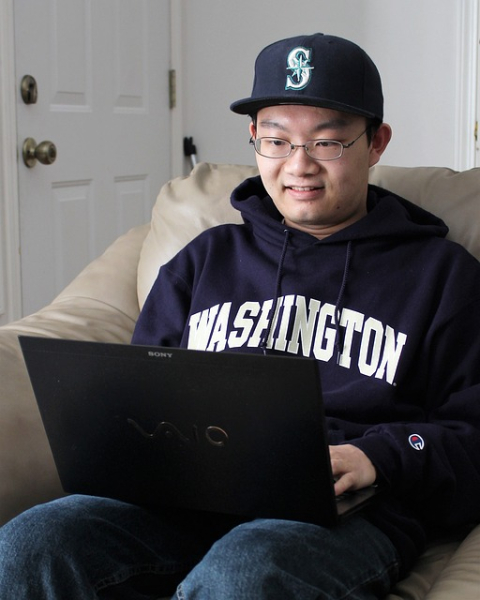How to Become a Mediator with Conflict Resolution Services
Are you looking for a rewarding way to give back to your community? Conflict Resolution Services (CRS) is always on the lookout for passionate people who want to join us in helping others by becoming a mediator.
A CRS mediator has a very critical role in resolving conflict between parties. They’re impartial volunteers with diverse backgrounds who have completed state-approved, intensive training. They act as a neutral third party to facilitate the conversation, encourage people to hear each other, and help participants brainstorm solutions.
Our mediators don’t make decisions or judgments, but rather ensure equality among disputants, generate movement when at an impasse, recognize and halt manipulation by those involved, and help both parties reach an agreement that is satisfactory to everyone. In fact, about 80% of all mediations end in an agreement, and the conversations during mediation often serve as a deterrent to future disputes between the participants. Unlike the courts where one person must lose, mediation is a “win/win” situation — thanks in large part to the dedication of our volunteers.

What are the benefits of being a volunteer mediator?
Being a volunteer mediator has both personal and professional benefits. On a personal level, you get the intrinsic reward of knowing you’re helping those in your Michigan community by resolving their conflicts and relationships without the costs and stress of court. Plus, the skills you learn as a mediator can translate to your own personal life, and you might find you have more patience and are more willing to compromise with your friends and family.
At the same time, you’re also building professional skills that can be the foundation for a successful career. In fact, 82% of hiring managers interviewed by researchers said they prefer applicants with volunteer experience and 92% say volunteer activities build leadership skills. Those skills include:
- Active listening
- Adaptability
- Communication
- Conflict resolution
- Empathy
- Objectivity
- Patience
- Problem-solving
- Tact
- Trustworthiness
The process to become a volunteer mediator
Are you interested in becoming a CRS mediator? The first step is to complete the volunteer interest form on our website. Once that’s complete the Executive Director will personally reach out to you. They will give you more information about what volunteering with CRS looks like, what your personal background is, and where you’re most interested in volunteering your services.
Paperwork and background checks
Once you and Brandie have had a chance to get to know each other and it sounds like a good fit, you’ll be sent the new volunteer paperwork. This will include our comprehensive volunteer handbook that will provide insight into our expectations, the mission behind the organization, and all the best practices and requirements expected from our volunteers.
The paperwork will also include a volunteer commitment form which confirms that you will volunteer as a mediator for CRS for two years in exchange for CRS paying for your training.
Once that is signed and returned, you are asked to provide consent for CRS to perform a background check that’s mandatory before attending any training or mediating. This is required every three years, and failure to do so will result in the termination of your partnership with CRS.
We’re committed to providing our clients with high-quality professional dispute resolution services, and that means we want the best people available for the job!
Mediator training
With approval of the paperwork and background check, it’s time to move on to the training. CRS requires all mediators complete State-approved, 40- or 48-hour mediation training. We partner with centers across the state so training is available about monthly, and while you can choose which training you want to attend, please note that most training is only available during business hours.
After formal training, depending on your education—for example, if you’re an attorney or social worker—you’ll have to either complete two or 18 mediation observations and then a mediation where an experienced mediator observes you leading.
After completion, you’re ready to mediate on your own!
Continuous learning
To maintain active status with CRS, volunteers must mediate and/or facilitate a minimum of three cases per year and complete 8-hours of advanced mediation training every other year..
Ready to take the next step?
If you’re looking for a way to invest in your community — and your own personal and professional development — we would love to talk with you about how you can become a CRS volunteer. To take the first step, please fill out the interest form or reach out to us today.
